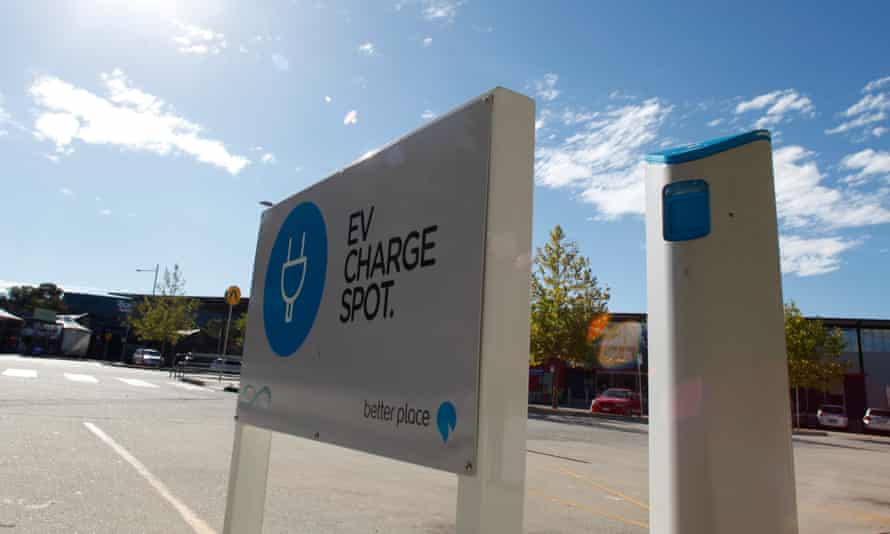Extract from The Guardian
Industry says New South Wales is ‘up there with best global practice’ as environment minister aims for 52% of new car sales by 2030-31

Last modified on Sun 20 Jun 2021 06.01 AEST
The New South Wales government will waive stamp duty on electric vehicle purchases and provide subsidies for 25,000 new purchases as part of a $490m strategy to drive uptake of EVs.
Under the plan announced on Sunday, people buying battery and hydrogen fuel cell vehicles priced under $78,000 from 1 September will pay no stamp duty, and $3,000 rebates will be available on the same day for the first 25,000 private purchases of electric vehicles priced under $68,750.
The Berejiklian government said it would delay a previously mooted road user tax for zero- and low-emissions cars for six years or until new EVs made up 30% of new car sales.
The electric vehicle industry welcomed the subsidies and the delay of the road user charge. Behyad Jafari, the head of the Electric Vehicle Council, said NSW was the first state to treat EVs seriously as a globally necessary technology to combat the climate crisis.
The government said it would spend $171m on new charging infrastructure, including $131m on ultra-fast vehicle chargers, $20m in grants for “destination chargers” in regional areas, and $20m for charging infrastructure at public transport hubs on land owned by Transport for NSW.
It said it would aim to ensure households with limited off-street parking would be no more than 5km from a charger, and chargers would be installed at 100km intervals along major highways and at 5km intervals on major roads in Sydney.
EV drivers will also be given access to T2 and T3 lanes for set times.
Energy and environment minister Matt Kean said the changes would make it easier for people to make their next new car an EV, and would help the state get to net zero emissions by 2050.
“We know that with new cars staying on the road 15 years on average, the vast majority of new cars sold in NSW need to be EVs by 2035 to achieve net zero emissions by 2050,” he said.
“Our aim is to increase EV sales to more than 50% of new cars sold in NSW by 2030 and for EVs to be the vast majority of new cars sold in the state by 2035.”
The forecast would be for EV new car sales to hit 52% by 2030-31.
The road charge is in line with that being brought in by Victoria, but Victoria’s charge starts from 1 July this year, leading to concerns it will hinder take-up of EVs, with environmental groups and car manufacturers stating it is the “worst electric vehicle policy in the world”.
Subsequently the Victorian state government announced a similar $3,000 subsidy for EVs lower than $69,000 and a target of 50% of new car sales being zero- or low-emission vehicles by 2030 and promised to support more infrastructure.
Beginning in May in the ACT, residents who buy an EV do not have to pay stamp duty, and get two years’ free registration.
Just 0.75% of new cars bought in Australia in 2020 were EVs, compared with more than 4% globally, more than 10% in Britain and the European Union and nearly 75% in Norway.
Jafari said the NSW position was “up there with globally best practice” and meant Australia was “finally starting to see a state that is walking the walk on EVs and not just tinkering around the edges”.
He said the support for charging stations would help alleviate “range anxiety” – the concern an EV would run out of power – and introducing a road user tax to replace stamp duty once an industry was established was reasonable.
“This now sets the benchmark for every other state,” Jafari said.
The Morrison government has rejected calls to introduce incentives for people to drive clean cars, saying its role was just to ensure there was infrastructure so drivers had choice.
Nationally, greenhouse gas emissions from transport had increased until they dipped due to Covid-19 last year. Official government projections released in December suggested they would rebound and not start reducing before 2030 this decade under current federal policies.
No comments:
Post a Comment